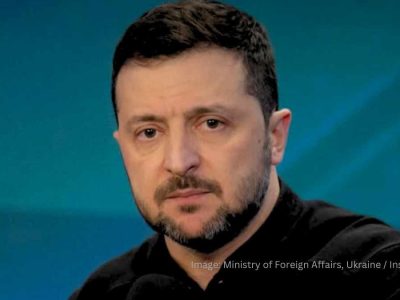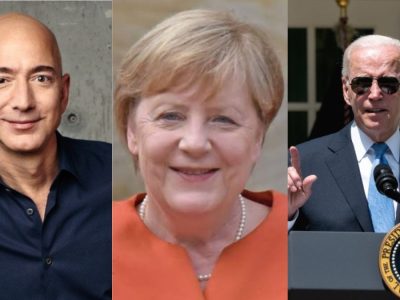South Africa suspends AstraZeneca vaccine rollout

South Africa has paused its rollout of the Oxford-AstraZeneca coronavirus vaccine after a study showed that it offered “minimal protection” against mild or moderate illness caused by the more contagious virus variant first identified there, known as B.1.351.
The findings, which come a week after the first million doses of the Oxford-AstraZeneca vaccine arrived in South Africa, are a damaging setback for the country’s efforts to curtail the pandemic. More than 46,000 people are known to have died from Covid-19 there, and overall cases, which have topped 1.4 million, are now largely being driven by the new variant.
It’s also a big blow for the Oxford-AstraZeneca vaccine, which has been hailed for its low cost and easy storage as one of the world’s best hopes for defeating the virus. And the study is yet another worrying sign of the risks that new mutations pose to vaccine development and deployment, with herd immunity appearing increasingly less achievable.
The B.1.351 variant has been identified in at least 41 countries, including the United States, according to the World Health Organization (WHO). Other variants first spotted in the United Kingdom and Brazil have been detected in dozens more. And they’re spreading rapidly.
It was not clear from the study, which has not yet been peer-reviewed, whether the Oxford-AstraZeneca vaccine protected against severe disease from the B.1.351 variant. The 2,000 clinical trial participants were mostly young healthy adults, unlikely to become severely ill. But based on immune responses detected in their blood samples, scientists said there was “still some hope” that the vaccine could protect against more severe cases.
An AstraZeneca spokesperson said in a statement that the company was working with Oxford University to adapt the vaccine against the B.1.351 variant so “it is ready for autumn delivery should it be needed.” Several other manufacturers have said they are trying to address the issue of variants by developing booster shots.
WHO’s independent vaccine panel will meet Monday to discuss the AstraZeneca vaccine and what the new study means for vaccines going forward.



